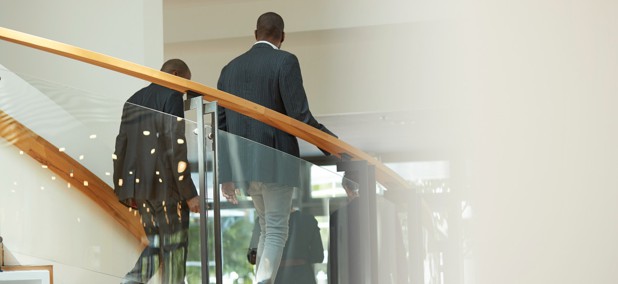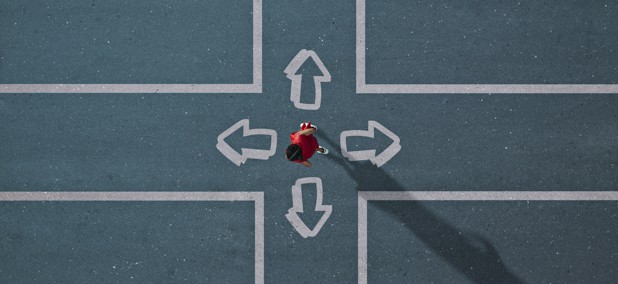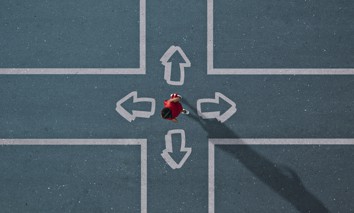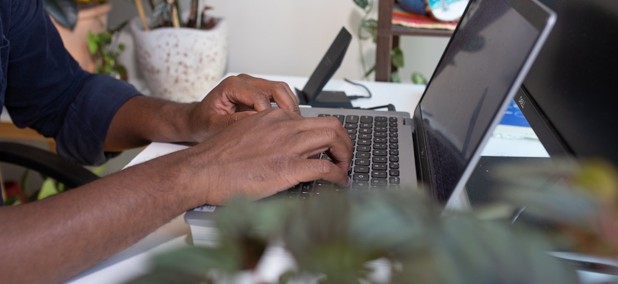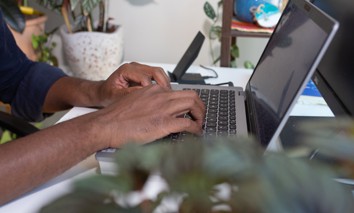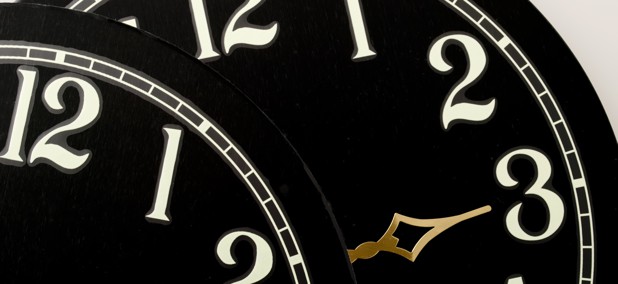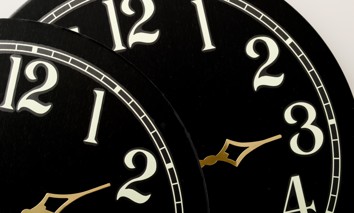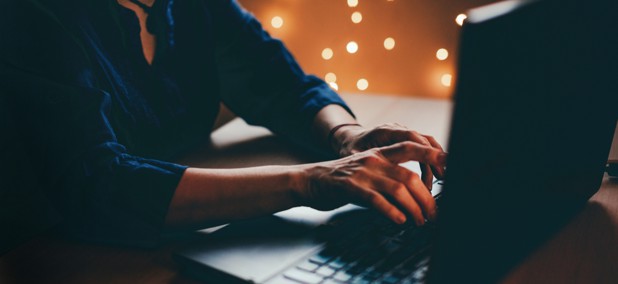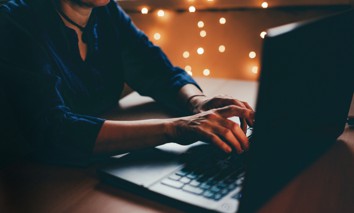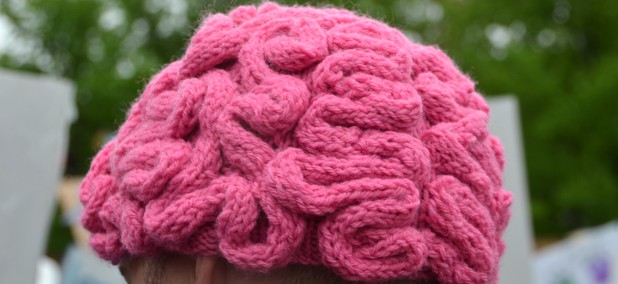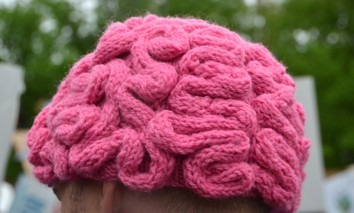Management
Here’s How Agencies Can Help Ease the Return to Offices
A positive, people-centric approach is critical.
Workforce
Formula Pins Down What Gets People in the ‘Flow’
Can you get yourself into a creative and productive "flow" intentionally? Researchers say it is possible and have created a formula to explain it
Workforce
Staring at An Image of Yourself on Zoom Has Serious Consequences for Mental Health – Especially for Women
Mirrors, selfies and knowing other people are looking at you all cause people to think of themselves as objects. Video calls are all three in one and are likely increasing the harms of self-objectification.
Workforce
Are You Tired of Your Job or Is It Actually Burnout?
What are the signs of burnout at work and what can you do about it? An expert explains what to look for in yourself and others.
Workforce
Paid Family Leave Is Good for Moms and Baby Brains
Nearly 80% of US workers don't receive paid family leave, leaving them having to choose between earning a paycheck or bonding with their newborns.
Workforce
Small Towns Drew Most New Pandemic Residents
Major cities lost people to more remote, lesser-known areas.
Management
Pandemic Decision-Making Is Difficult and Exhausting – Here’s the Psychology that Explains Why
People tend to dislike uncertainty and risk – two things that are hard to avoid completely during a pandemic. That’s part of why it can feel especially draining to make even small decisions these days.
Workforce
There Are Racial Disparities in How Much Sleep People Get
"The persistent sleep disparities for Black people may be contributing to the persistent average worse health status among Black people."
Workforce
Job Seekers Will Sacrifice Money for Diversity at Work
A significant number of job applicants will sacrifice salary to work somewhere with greater diversity, research finds.
Management
5 Ways Americans’ Lives Will Change if Congress Makes Daylight Saving Time Permanent
Research suggests that permanent daylight saving time would save lives as well as energy and prevent crime.
Workforce
Losing Sleep Over the Pandemic? Work Flexibility May Be a Boon for Night Owls’ Health
Many sleep scientists maintain that people who prefer to stay up late could improve their mental and physical health by synchronizing their natural sleep cycles with workday demands. The flexible work schedules that came with COVID's work-from-home trend, according to one new study, backs up this idea.
Management
Even after Lockdowns Eased, Pandemic Depression Persisted across Social Classes
A new study finds that adults in the U.S. reported the same levels of depression a year into the pandemic as they did at the outset.
Management
As Ketanji Brown Jackson Testified, Black Women Saw Themselves Reflected
For many, her reactions and words on the public stage reflected what they have lived as they navigate workplaces dominated by White men.
Workforce
How to Keep Your Brain Working Well as You Age
A new book offers tips on how to avoid serious cognitive issues as you get older.
Workforce
Survey: People Found Freedom, Joy in Gardens During COVID-19
Why did some people start gardening during COVID-19? Connection to nature, relaxation, and stress relief were by far the biggest reasons gardeners cited.
Workforce
Gender Bias Makes Humor at Work Tricky
Gender and status can each affect how well humor goes over at work, research finds.
Workforce
To Retain Women, Workplaces Need To Fight Burnout
Pandemic burnout could set gender equality back a generation, but there are workplace changes that could keep women in their jobs.
Workforce
Prep for Sleep Matters for Getting Good Rest
A new study offers insights into the mechanisms that control pre-sleep behaviors and then the start of sleep in mice.
Workforce
11 Things You Can Do to Adjust to Losing that Hour of Sleep when Daylight Saving Time Starts
Two sleep doctors offer some survival tips to help you adjust to losing that hour of sleep as clocks spring forward into daylight saving time.
Management


